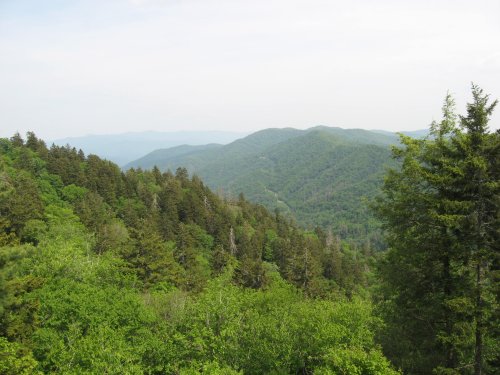LETS is the name of an informal bartering system that was developed in the early 80’s in British Columbia, Canada. When it was developed the local economy was depressed, no one had much money and unemployment was high. Some alternative had to be found to money, in order for people to be able work and get needed goods and services. LETS turned out to be a very good solution.
The number of LETS groups operating worldwide is estimated to be in the thousands, and it’s becoming more popular in some rural areas and farming communities.
Farmers are increasingly finding accepting payment for their crops with currency is not working, because the cost of producing the crops is higher than the market price and they are no longer getting subsidies to cover the difference. In addition higher quality crops rarely get premium prices, but with LETS there can be more people willing to pay for quality.
How does it work?
LETS is based on a system of democratic decision making and transparency. One person volunteers to keep the books, and records transactions that take place in LETS units. These transactions are always kept public so everyone can see how others are using the system. No money ever changes hands, and the value of the LETS units are not tied to any currency. For convenience the LETS units can be denominated and thought of in a similar way as the local currency, but the value is not fixed.
In order to make a trade you simply find someone else who uses the system, agree on the goods or services to be traded together with a price, then notify the person keeping the books of the transaction. Communication with the bookkeeper is usually done via email. That’s it. Anything can be traded at any mutually agreed price.
It is not important if you maintain a positive or negative balance, and no interest is ever charged. In fact for the system to start, someone will have to have a negative balance. It’s up to the people participating to ensure others maintain appropriate balances and to isolate people who are obviously abusing the system. There may be circumstances where someone maintains a very negative balance, for example when starting a business or someone living on a fixed income needing to get by until their next payment.
LETS rarely replaces currency, but rather is a system that operates along side.
What can go wrong?
The answer is not very much.
Someone can quit leaving behind a negative balance, perhaps even intentionally. There is not a lot of direct risk for anyone providing goods or services, because when something is purchased their balance is credited regardless if the person paying ever makes good on the payment. Of course over time the system will fall apart if many people abuse it in this way, but there will also be people who leave the system with positive balances for one reason or another, so to some degree things even out. You have to approach this concept with some flexibility. You aren’t dealing with money, so if someone leaves with a negative balance of 100 LETS units, it’s really not the same thing as someone stealing $100.
There will come a time when the people involved lose interest. It’s probably in everyones best interest not to maintain balances too high or low in anticipation of this eventually happening. When this time comes everyone comes to an agreement on what the best way to handle it is. You can attempt to transfer any balances to another LETS group, for those who wish to continue participating.
There may be tax consequences, but in many places informal bartering between individuals is exempt from taxes. If you try to incorporate LETS into a business, you may have tax issues to sort out.
What tends to happen?
Many people find trading with LETS to be very social and motivating.
Things tend to take on a different value. If you grow something in your garden, for example a kilo of potatoes, you may be reluctant to sell it to someone at supermarket prices and they may not want to pay you US$10 for it. 10 LETS units may be easier for both of you to agree on, especially if you know you can use these units to buy something homemade from another neighbor down the street.
In a similar way, the value of things like labor costs tend to become more uniform. For example a farmer tends to be paid a similar hourly wage for producing his crops as a mechanic gets for repairing a car, and so on.
By it’s nature it’s a local trading system so what tends to be traded are locally made goods and services. Everything spent stays local, and so benefits the local community.
Because you are not working with currency, this system lacks many of the associated problems. There is no inflation, and there is nothing of a high value that can be lost or stolen.
What happens if you move?
If you move, you have several choices. You can bring your balance as close as possible to zero, and maybe start again after you move with your new neighbors. If you think you will want to keep trading with your old neighbors, you can keep your old LETS account open.
There are also a number of systems being worked on for transferring LETS units between different groups. One of them, UNILETS, seems to be sanctioned by the United Nations. As far as I’m aware, none of these systems are completely functional yet.
There has even been at least one case where a North American was able to use LETS to pay for his accommodation and food costs on a European vacation.



